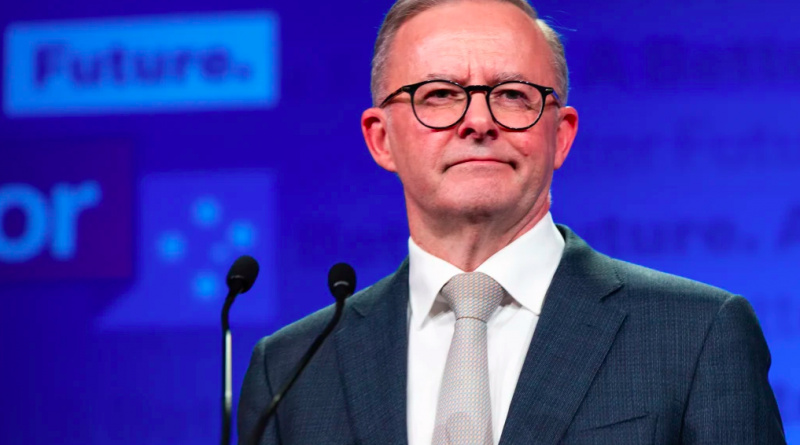U.S. Congress Seeks Testimony From Australias Internet Regulator
Sydney – U.S. lawmakers have requested formal testimony from Australia’s top online safety official, seeking clarity on the nation’s expanding internet rules and their global implications.
The move highlights intensifying debates around online speech, platform responsibility and cross-border digital governance.
In a letter issued by the U.S. House Judiciary Committee Chair, Australia’s eSafety Commissioner Julie Inman Grant was asked to appear for questioning about how the country’s internet laws operate and why they have drawn concern from American legislators.
The committee expressed particular interest in how Australia’s online safety framework may affect global free speech protections.
Lawmakers described the commissioner as an influential figure in global content moderation discussions, noting her participation in international panels focused on online safety.
They argued that such involvement gives her significant influence over worldwide approaches to regulating harmful content on social platforms.
The letter referenced concerns that some online rules adopted in Australia could indirectly affect what American users see on global platforms.
U.S. legislators said they want to understand whether the commissioner’s interpretation of Australia’s laws could have unintended consequences for free expression beyond Australian borders.
Several major technology companies based in the United States have recently voiced strong objections to a variety of Australian regulations.
Among these concerns is an upcoming restriction that prohibits children under 16 from using social media, a policy that will be enforced by the commissioner’s office starting mid-December.
Technology executives have argued that the social media age ban may set a precedent for intrusive government oversight of online activity.
The companies have also questioned whether global platforms should be required to follow Australian rules when operating outside the country.
The committee’s letter raised questions about past disputes involving Australia’s enforcement actions on international platforms.
One notable case involved orders for the removal of violent content shared online during an incident in Sydney, a dispute that eventually concluded after the regulator withdrew legal action.
The letter also highlighted the commissioner’s participation in a recent academic panel discussing online governance, which included officials from several regions engaged in their own content regulation efforts.
The committee stated that such collaborations deserve close examination to understand their potential influence on digital policies affecting American citizens.
Lawmakers expressed concern about the commissioner’s ties to research institutions that have previously advised governments on misinformation and platform oversight.
They argued that these relationships require transparency as Congress reviews global influences on U.S. online discourse.
The commissioner has been asked to reply by early December to arrange an interview with the committee.
Her office has not yet released an official statement, though national media reports indicated that she is considering the request.
According to those reports, the commissioner maintains that her enforcement actions apply only to content accessible within Australia and do not restrict what platforms display to users in other countries.
Her team has reiterated that their focus is on protecting Australian citizens from harmful online material.
The request from U.S. lawmakers signals growing scrutiny of how national internet laws may conflict with global platform operations.
It also reflects broader tensions surrounding digital sovereignty, free speech standards and the responsibilities of technology companies across different jurisdictions.
As governments worldwide continue developing new rules for online conduct, interactions between national policies and international platforms are becoming increasingly complex.
This latest development underscores how domestic decisions about online safety can generate widespread conversations about the future of internet governance.



